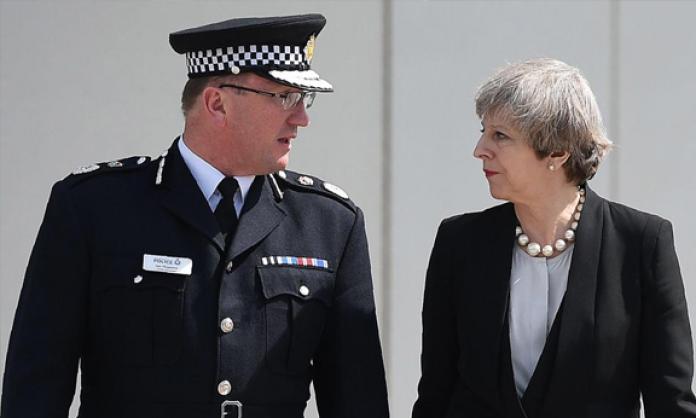Dozens of people have died as a result of the horrific bombing in Manchester this week. This is not the first time that civilians in the West have suffered from a large-scale terrorist attack in recent years, and likely won’t be the last.
There are obvious questions to ask: what is behind the attacks and what motivates certain people to act in such an appalling way? Perhaps if we understood, we could prevent further needless deaths by dealing with the root causes of the violence.
Yet people who explore these questions in the aftermath of terrorist attacks are usually denounced for “apologising for terrorism” or “politicising the tragedy”.
The reality is that terrorist acts and responses to them are infused with political content whether we choose to see it or not.
It starts with the terrorists themselves, who, insofar as they’re selecting a particular target, generally have a political aim in mind. (After all, the standard definition of terrorism is “the use of violence in the pursuit of political aims”.)
Then there are the responses of politicians and corporate media outlets, which instinctively find opportunities in these attacks. There are a number of ways, all very political, that they use tragedies to their advantage.
First is the highly racialised discussion of the perpetrators, who are immediately classified as either mentally unstable but wholesome young men (if Caucasian) or ISIS agents (if brown or Muslim) within hours of the attacks. When the perpetrator is thought not to be Caucasian, racist diatribes fill the airwaves, resulting in increased levels of hostility and physical attacks on oppressed communities.
Second is the inevitable decision to introduce sweeping police powers, states of emergency or other such measures in the aftermaths of horrific attacks.
Yet there is no way of stopping suicide attacks from happening because there is a nearly infinite number of soft targets that cannot all be protected. The massive deployment of police and military forces is not really about security; it just creates the impression of strong leadership while at the same time normalising new levels of repression and surveillance.
When is it acceptable to begin opposing these attacks on democratic rights?
Third, and operating at a more subconscious level, is the choice of who we mourn. An objective observer of the news might reasonably conclude that the 22 lives lost in Manchester are more important than the 30 asylum seekers who drowned off the coast of Libya yesterday.
Again, this is political. The drowned bodies of refugee children raise questions that the corporate media and the establishment don’t want discussed, whereas the broken bodies of dead children in Manchester fit a war on terror narrative. So one set of families has their grief reduced to a statistic, while the other is made famous on the world stage. To raise this comparison is not to disrespect the dead; it’s a refusal to selectively and cynically respect the dead.
Finally, and specific to this latest attack, is the decision by British prime minister Theresa May to suspend political campaigning. This decision was taken as the Conservatives were losing ground in the polls due to widespread hostility to their attacks on workers, students, pensioners and the unemployed.
Yet the cessation is anything but in real terms. Theresa May runs around appearing like a strong and stable leader, the Queen continues to organise garden parties for her closest 8,000 friends, while Labour leader Jeremy Corbyn has to lay low to avoid being pilloried by the press if he dares distract from the constant coverage of May, whose policies would cost the lives of far more than 22 if re-elected.
Is there a time when the extension of a respectful minute’s silence becomes a type of de facto imposition of political censorship? How can calls for national unity in this situation mean anything other than solidarity with, or at least deference to, a hard right, pro-austerity government?
Far from allowing ourselves to be silenced at times like these, the left needs to patiently explain how the misery unleashed in Manchester is reactionary blowback from decades of imperialist policies abroad and racism at home.
As people concerned with justice and peace, we should resist and oppose the spiral of death and destruction carried out by the terrorists – both those who lead our governments and those opposing them.











